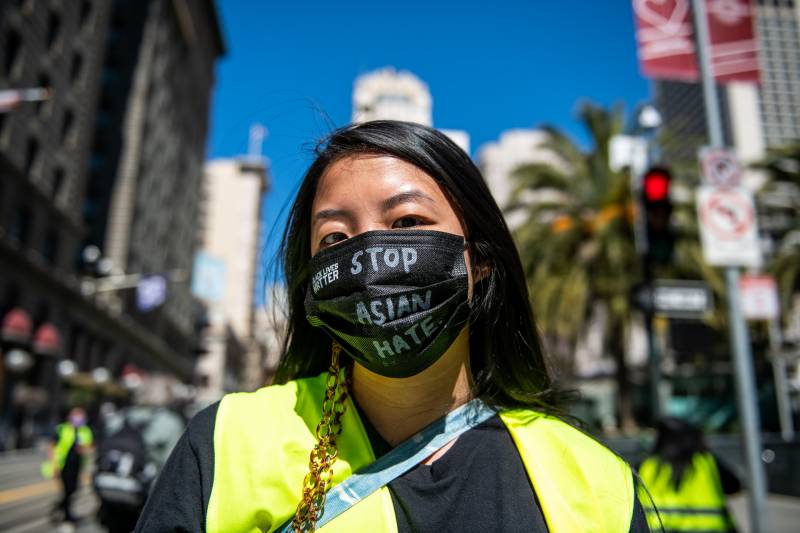Approximately 549,000 people have died in the U.S. from COVID-19 as of June 1, 2021, according to Johns Hopkins University.
Asian Americans reported lower levels of psychological distress than other groups in the U.S. before the pandemic, according to the report. But during the pandemic, about 62% of Asian American survey respondents said they or their family members had experienced covert or overt discriminatory incidents.
That led to an increase in depression and other disorders across the board, according to the report.
Almost half of Asian people surveyed reported anxiety during the pandemic, with 15% saying they had depressive symptoms. About one in three Asian and Asian American young adults reported clinically elevated symptoms of depression and general anxiety, and one in four reported a PTSD diagnosis, according to the report.
One in five Asian Americans who experienced racism display racial trauma, the reported noted, which can manifest as depression, intrusive thoughts, anger, hypervigilance, decreased self-esteem and other deleterious disorders.
After experiencing racism, Jeung said because of what’s happened, some people are avoiding places, and when they do go out they are being hypervigilant and “always watching their back in front of people, when they see someone running, they would actually jump out into the street and be more concerned about the person running at them than they are about the traffic,” he said. “So it’s shaping people’s behaviors.”
When stressors did arise, immigrants who did not speak English often faced barriers to obtaining mental health care, and also cultural barriers to pursuing that care in the first place.
Dr. Cindy Liu, a clinical psychologist and professor at Brigham and Women’s Hospital in Boston, worked on the survey, and said anti-Asian hate is not new. But now she feels like history is repeating itself.
“And that’s problematic, because we haven’t necessarily learned from the past. And so our hope is that this data can allow us to advocate to really sort of shift, and change the tide, and be able to ensure the health of all Asian Americans,” Liu said.

